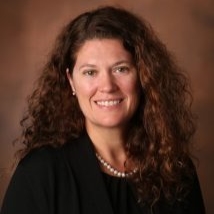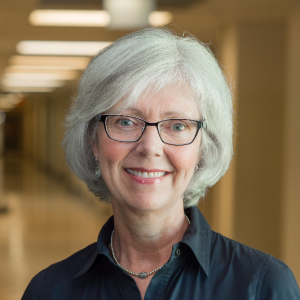About
TBI and Social Media Uses
Social media is an important resource for people with TBI to share their experiences, access TBI-related information and communities, stay connected with friends and family, access news, advocate for causes important to them, and much more!
However, social media websites are not always user-friendly. They can have a cluttered appearance and confusing instructions, and make it hard to keep track of information.
SMART-TBI helps you more easily navigate the Facebook website, filter and interpret your Newsfeed, and create meaningful posts to share.









